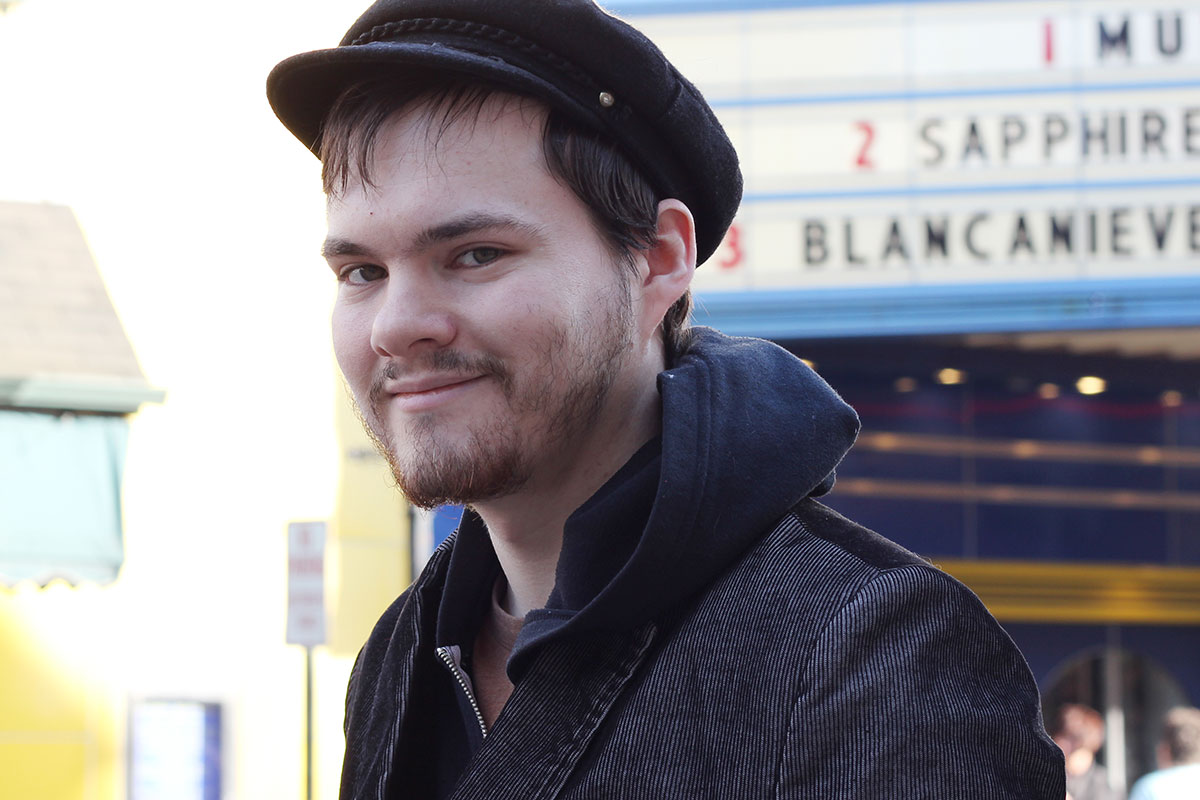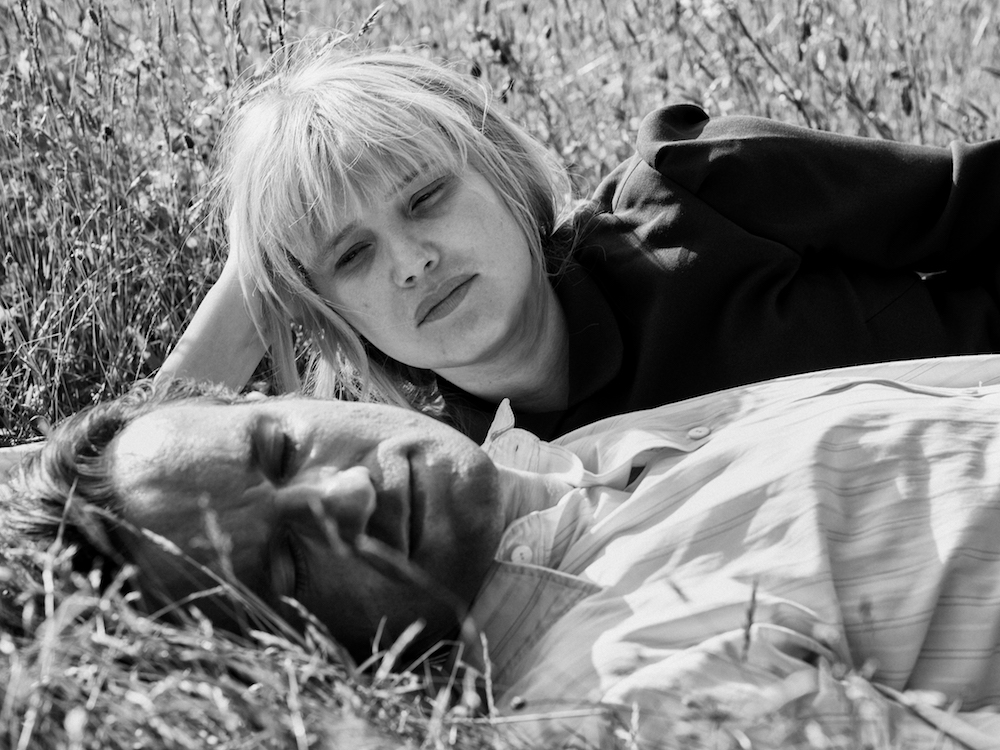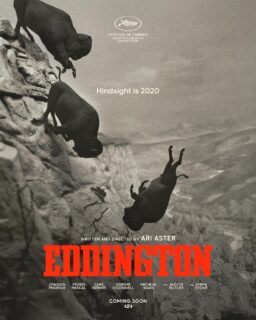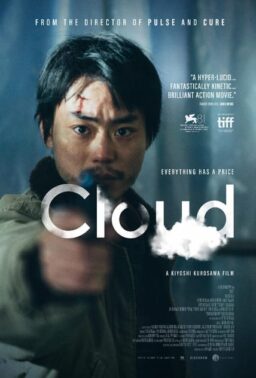“Cold War” isn’t particularly interested in the specifics of its metaphorical underpinnings. That work’s been done. Instead, it shows the look in a man’s eyes as he gazes at the woman he loves and knows that he’s brought the worst out in her. Made her hate him and her life, made her reject what he thought was kindness but had without notice turned his loving arms into prison bars. It refuses to judge a woman for needing more than the supposedly perfect, the tempestuous maybe, the great affair that had to become a boring life. Especially because she’s not the only one who chafes under the pressure of turning a spark into a flame and keeping it alight for a great length of time. The Cold War is just a stiff breeze that pushes the little light around, threatening to blow it out. Perhaps it was always meant to go but lovers don’t see reason, they see faces they once loved turn into signets sealing them in a small space forever. That way lies madness, anger, suffering. So why can’t they stop looking?
I’m an ardent admirer of Paweł Pawlikowski’s work, and of the way he captures what two people go through when all they want is to be in love. “My Summer of Love” was a hugely important film to me when I discovered it a decade ago and I’ve hung on his every word since. With utter simplicity he boils massive romantic calculus into simple addition and subtraction, hearts beginning to warm against cold backdrops.
I asked him about his fixation on couples, his personal history seeping into the narrative of “Cold War,” which netted him the Best Director award at Cannes and may get him his second Oscar for Best Foreign Language film.












